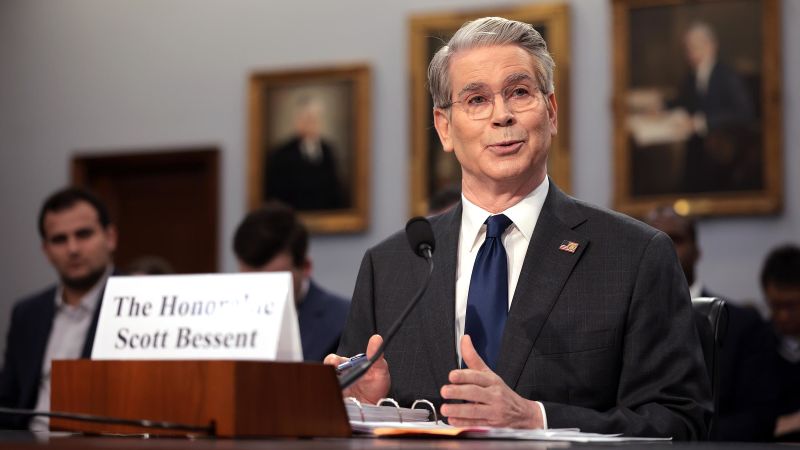Breaking: Trump Administration Extends Olive Branch to Beijing in Potential Trade Breakthrough

In a significant diplomatic move, the U.S. Treasury Department and Trade Representative's office have announced an upcoming high-stakes meeting with Chinese officials in Geneva, Switzerland. Treasury Secretary Scott Bessent and U.S. Trade Representative Jamieson Greer are set to engage in critical discussions focused on trade and economic cooperation later this week.
The bilateral talks, scheduled to take place in the neutral Swiss city, signal a potential breakthrough in ongoing economic negotiations between the United States and China. Both senior officials will represent American interests as they seek to address complex trade challenges and explore potential areas of mutual economic understanding.
The meeting comes at a crucial time, with global economic tensions and international trade dynamics constantly evolving. Diplomatic sources suggest that the discussions in Geneva could be pivotal in shaping future economic relations between the two global economic powerhouses.
